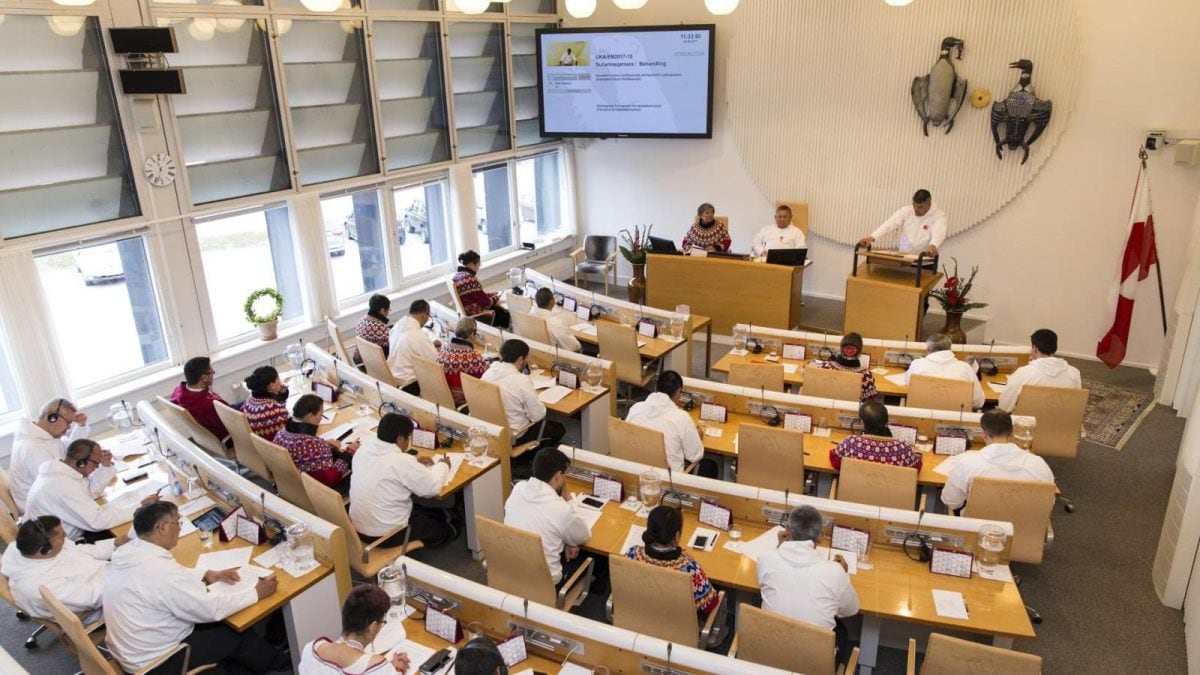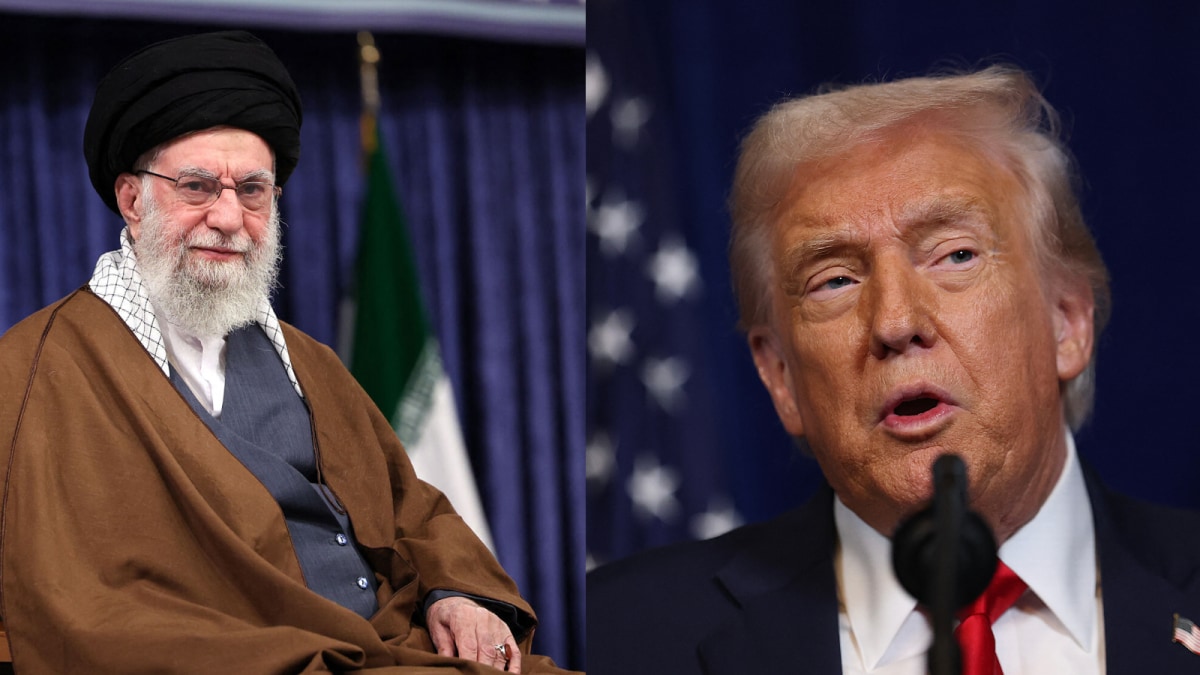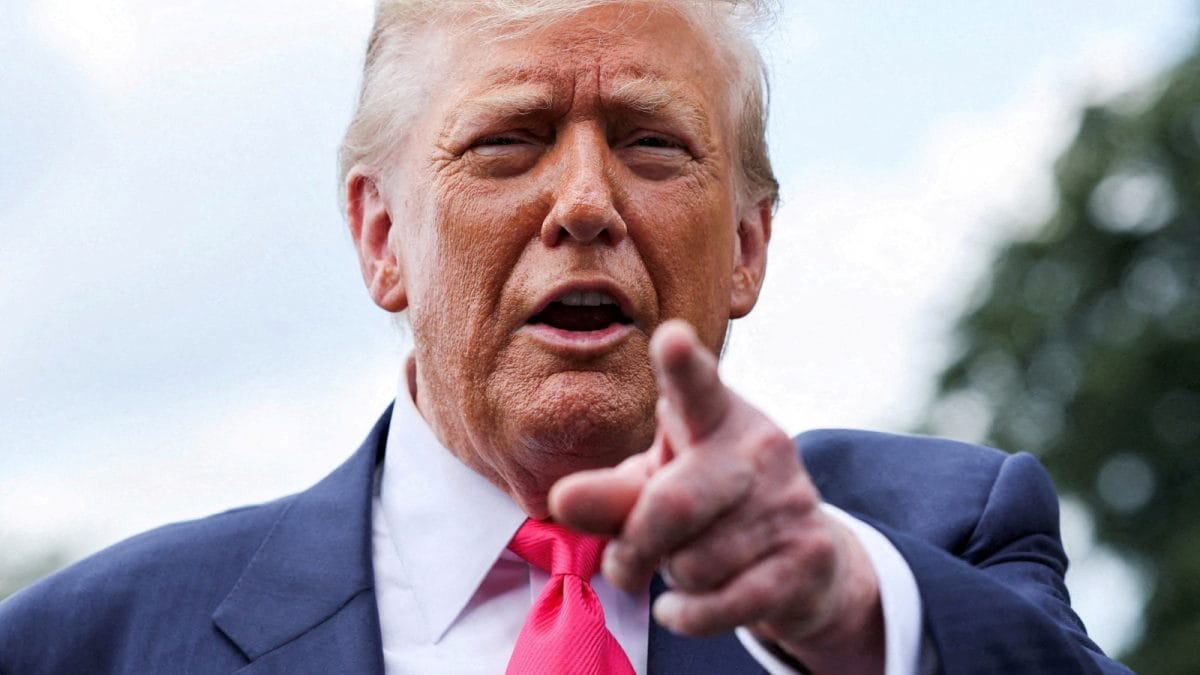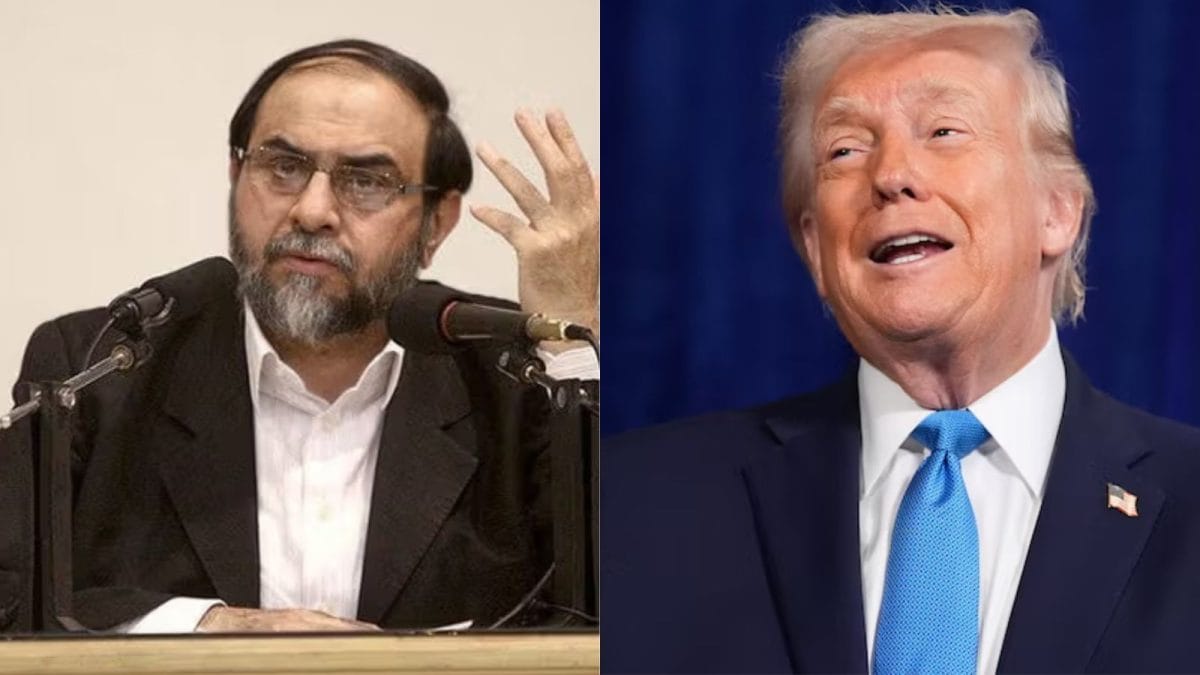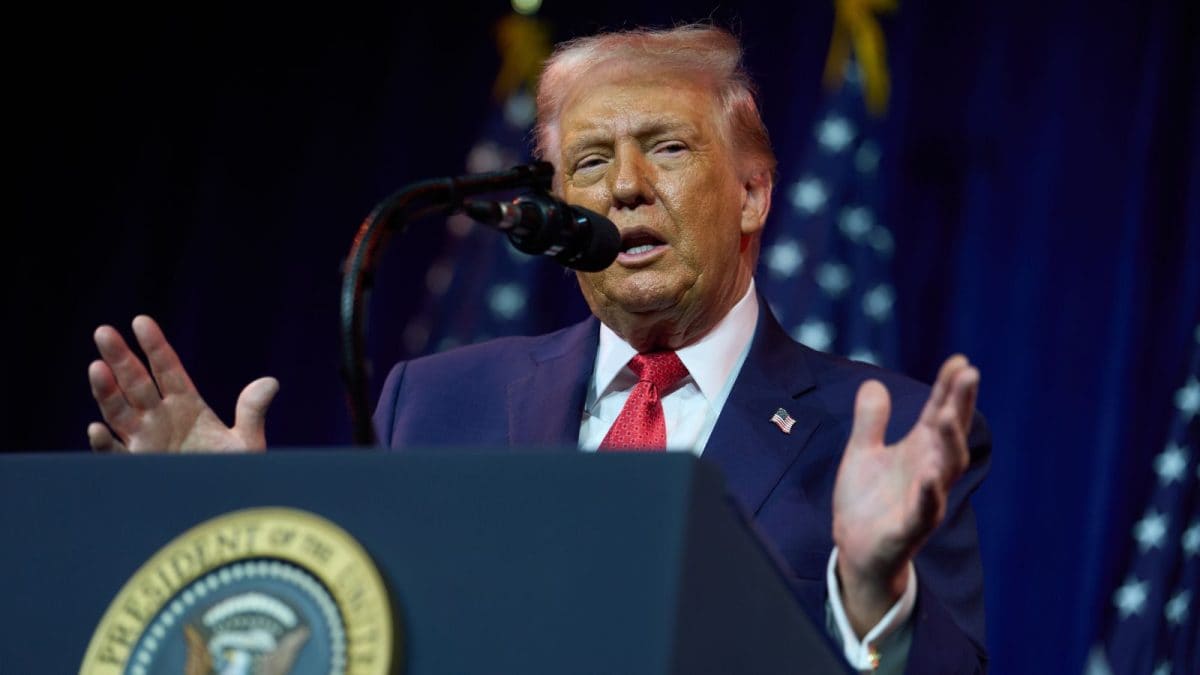Last Updated:November 26, 2025, 17:55 IST
The newly released evidence points to the Rural Economics Programme (REP), launched in 1976 with a grant from the Ford Foundation at Chittagong University

Since assuming the role of Chief Advisor in August 2024, Yunus has allegedly leveraged the state apparatus to erase his personal legal history and benefit his affiliated companies. File pic/PTI
Explosive allegations have emerged from an exiled former Bangladeshi intelligence officer, Aminul Hoque Polash, who has released a trove of internal documents spanning 1976 to 1983. These archival papers, Polash claims, fundamentally shatter the long-held narrative that Nobel laureate Muhammad Yunus personally invented microcredit and founded the Grameen Bank model, suggesting he systematically hijacked a university research project for his own gain.
Polash, a former Security Intelligence (NSI) officer forced into exile due to his investigation into Yunus’s alleged corruption, states the documents show the true origin of microcredit lay not with Yunus, but with a research initiative. “These are Yunus’s own signatures," Polash noted, asserting the papers prove microcredit was a collective academic endeavour.
The Documented Origins of Microcredit
The newly released evidence points to the Rural Economics Programme (REP), launched in 1976 with a grant from the Ford Foundation at Chittagong University. Polash alleges the seminal micro-lending experiment in Jobra village—the widely recognised birthplace of microcredit—was an action-research project primarily run by junior researchers, including Swapan Adnan, Nasiruddin, and HI Latifee. According to the documents, Yunus’s assigned role at the time was limited to the management of deep tubewell cooperatives, placing him outside the core micro-lending team.
Further challenging the established history, the documents reportedly show that the Bangladesh Bank (Central Bank) adopted the rural-credit concept as a national model in a 1978 meeting, allocating Tk 100 crore for a national rollout through state banks. This initiative was named the “Grameen Bank Project", indicating the state formally recognised and launched the concept before Yunus assumed full control. A key 1983 letter from the Ford Foundation itself reportedly confirms the grant was awarded to the university, not to Yunus personally.
The Takeover and Present-Day Implications
Polash’s narrative details how Yunus later became the Project Director and, following the 1983 Grameen Bank Ordinance, the institution’s Managing Director. By the 1990s, the once publicly funded research initiative had been converted into a global empire under Yunus’s personal control.
Polash argues that this historical pattern of “institutional capture" is now being replicated at the highest level of government. Since assuming the role of Chief Advisor in August 2024, Yunus has allegedly leveraged the state apparatus to erase his personal legal history and benefit his affiliated companies.
Within just 15 months:
Legal Troubles Vanished: His prior prison sentence was overturned, five labour cases were quashed, and corruption and food adulteration cases were dismissed or withdrawn by the Anti-Corruption Commission (ACC) and courts.
Corporate Benefits: Grameen enterprises received extraordinary financial advantages, including the erasure of a Tk 666 crore tax liability for Grameen Kalyan and a five-year tax exemption for Grameen Bank.
Regulatory Capture: Exclusive licenses were granted, such as a digital wallet license to Grameen Telecom’s Samadhan and a manpower export license to Grameen Employment Services, alongside moves to reduce the government’s stake in Grameen Bank.
Polash says that the world must move beyond the myth of the microcredit inventor and acknowledge the historical record, warning that the man who “stole a rural research project now governs an entire country with the same appetite for capture".
First Published:
November 26, 2025, 16:59 IST
News world Muhammad Yunus Hijacked Microcredit Model From University Research: Ex-Bangladesh Intel Officer | Exclusive
Disclaimer: Comments reflect users’ views, not News18’s. Please keep discussions respectful and constructive. Abusive, defamatory, or illegal comments will be removed. News18 may disable any comment at its discretion. By posting, you agree to our Terms of Use and Privacy Policy.
Read More

 1 month ago
1 month ago



